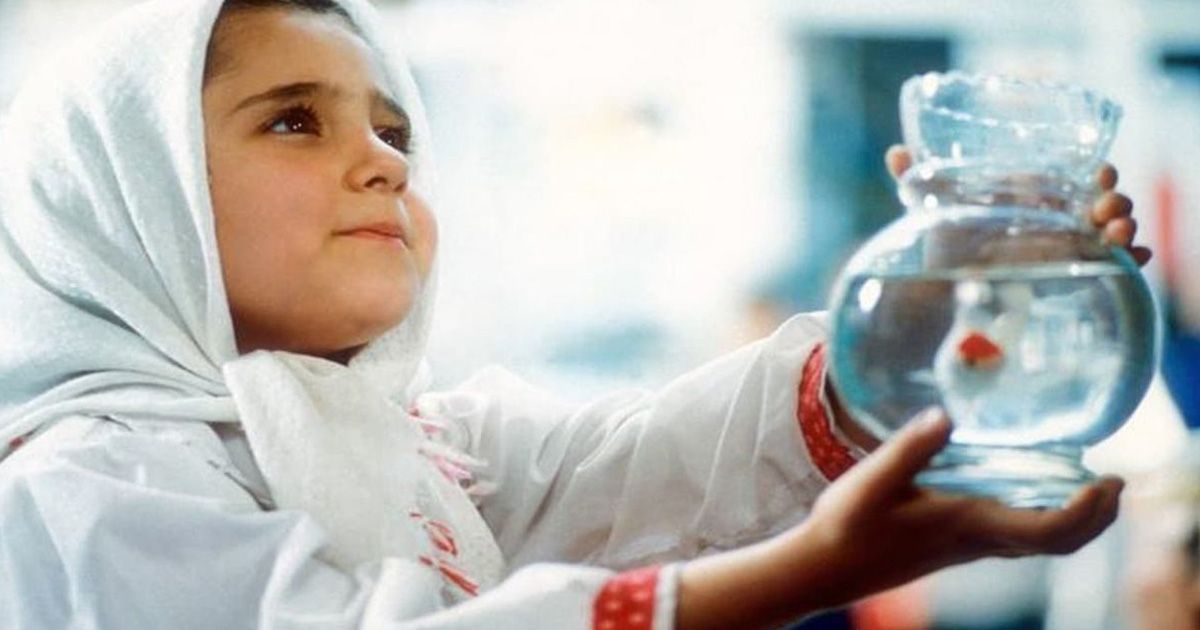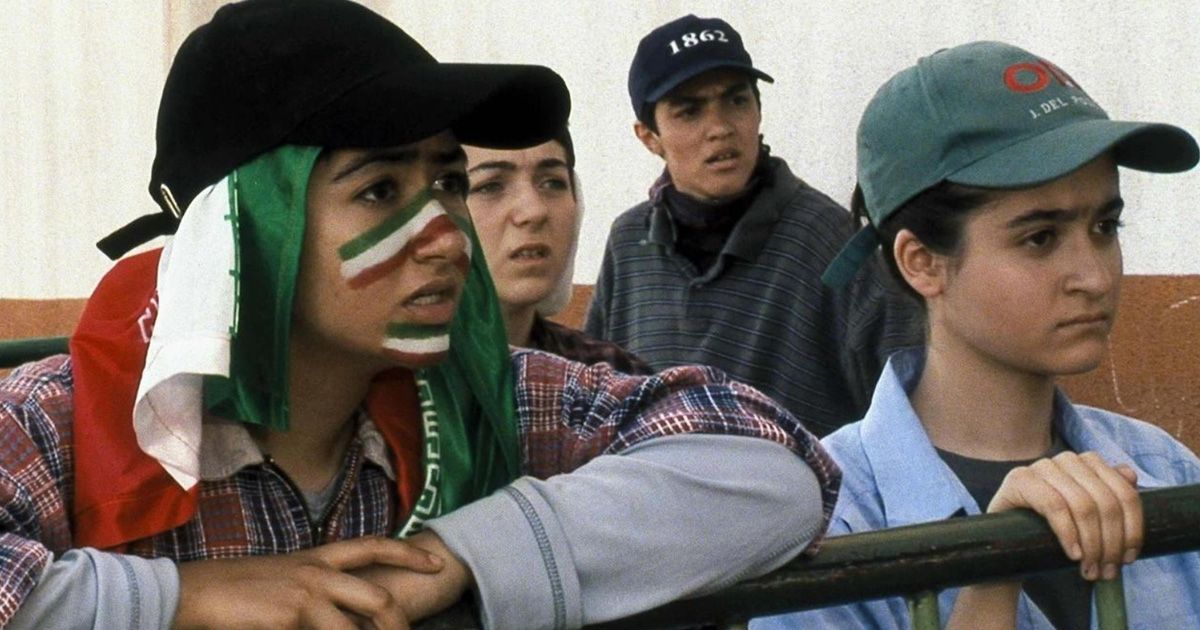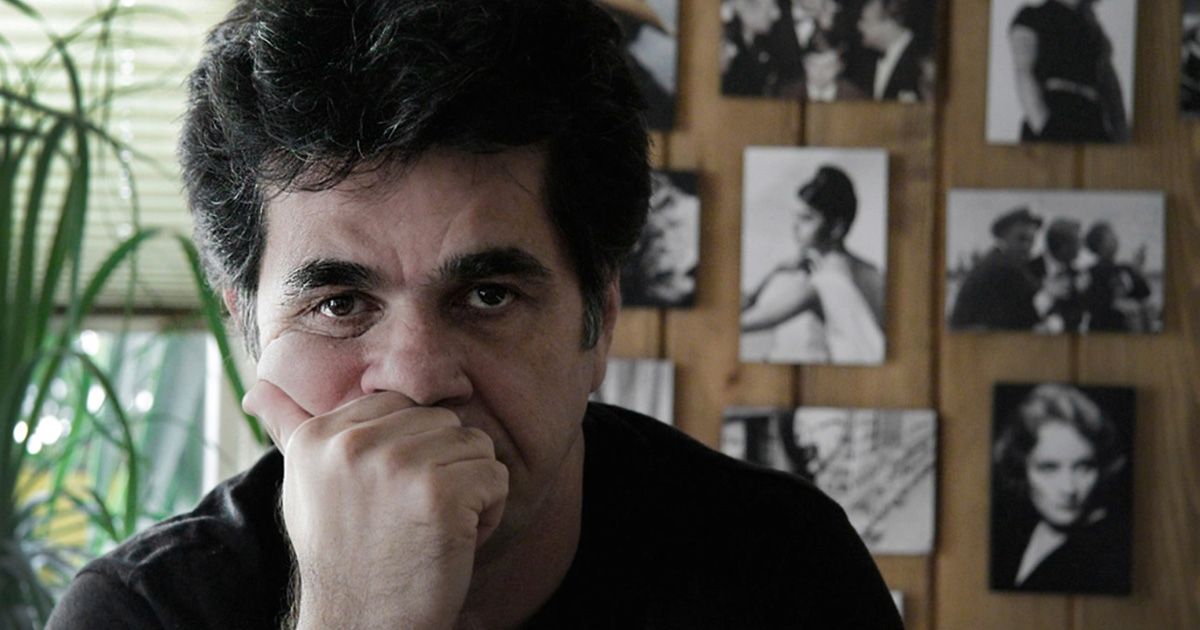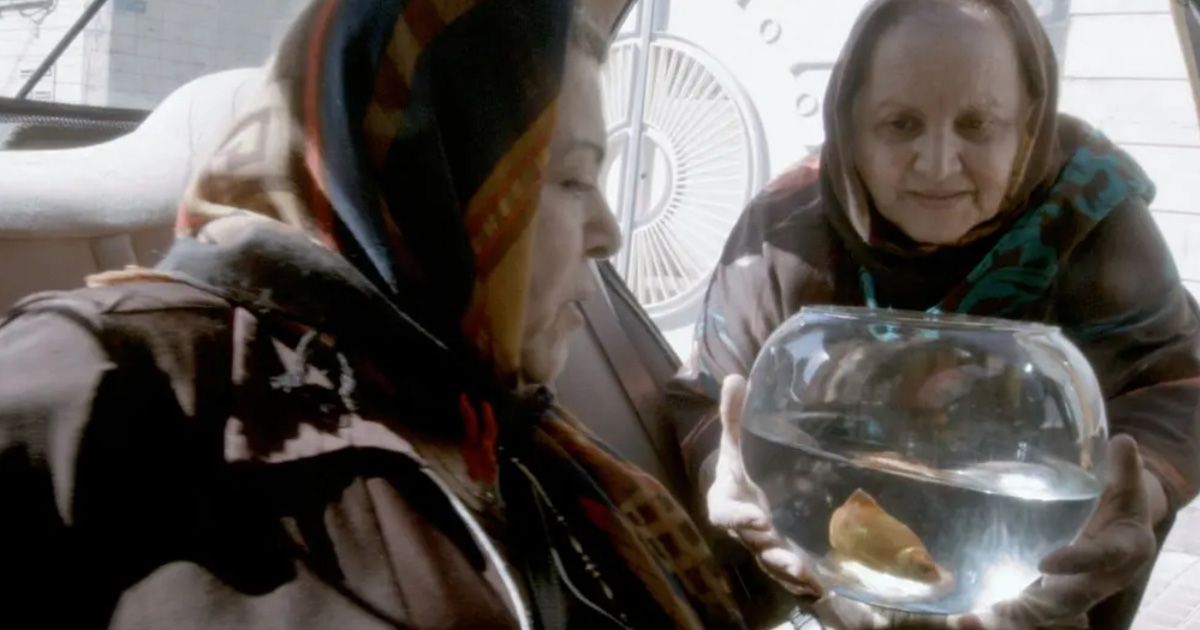In July 2022, Jafar Panahi, one of Iran’s leading filmmakers, was sentenced to serve six years in jail. Panahi’s arrest comes amid a clampdown on freedom in Iran. Authorities detained the director when he visited the prosecutor’s office to inquire about the cases of other imprisoned Iranian filmmakers, Mohammad Rasoulof, the director of the Berlin International Film Festival-winning drama There is No Evil, and his colleague Mostafa Aleahmad.
This isn’t the first wave of repression in Iran against its artists. In 2010, Panahi was charged with propaganda against the regime and barred from making movies and leaving the country for 20 years. However, the acclaimed Iranian dissident auteur behind This is Not a Film, Taxi, and No Bears has found creative ways of making films about violence, censorship, sexism, and poverty in his homeland.
With the current Iranian protests rocking the country and pushing back against its laws, and Panahi's new film No Bears winning the Special Jury Prize at the Venice Film Festival despite the filmmaker's absence, it's worth putting a spotlight on Panahi's career.
The First Iranian Director to Win an Award at Cannes
After working as an assistant director for Abbas Kiarostami, arguably the Iranian New Wave’s most seminal director, Panahi made his feature film debut with the simple yet powerful drama The White Balloon (1995). Armed with a script by Kiarostami, Panahi offered up the masterpiece of a child’s-eye adventure.
"In a world where films are made with millions of dollars, we made a film about a little girl who wants to buy a fish for less than a dollar," MUBI quoted Panahi. For this profoundly humanist movie, the director won an award (Caméra d'Or, the prize for the best first feature film) at the Cannes Film Festival — the first Iranian to do so. In two years, Panahi’s mentor Kiarostami also took home the Cannes Film Festival’s prize.
Over and above, Panahi paved the way for Marjane Satrapi's career, who documents her life growing up in Iran in the groundbreaking animated film Persepolis (2007), and the great Asghar Farhadi, who provides a portrait of Iran today with his award-winning films A Separation (2011), The Salesman (2016), and A Hero (2021).
Subversive Cinema that Will Stand the Test of Time
Though his movies were often banned in his homeland, Panahi continued to make realistic portrayals of contemporary Iranian life. In 2000, the director has exposed what women endure in Iran with the Venice Film Festival-winning drama The Circle. In 2003, he has criticized the corruption and social unbalance with Crimson Gold, the thoughtful film about a hapless Iranian pizza delivery man who is driven to crime. In 2006, Panahi dived into women's lives in the patriarchal society once again with Offside, the Berlin Film Festival-winning film about a group of girls who are not allowed to enter football stadiums because of their gender.
Despite making wide-ranging tales of Iran’s social and cultural struggles that have angered the government, Panahi doesn’t like political movies. "I take every opportunity to comment on the social issues. It is important to me to talk about the plight of humanity at that time. I don’t want to give a political view, or start a political war. I think that the artist should rise above this," Panahi told Senses of Cinema. "Political movies have limited time. After that time, it doesn’t say anything anymore. But if the whole thing is said in an artistic way, then it doesn’t have a time limit."
The Auteur Who Worked Despite the Ban
For the past 12 years, Panahi has been banned from filmmaking and traveling – but he kept finding novel ways of working during this period. For example, the director smuggled his flagrantly titled documentary feature This is Not a Film (2011), a meditation on cinema and freedom, out of Iran to Cannes Film Festival on a flash drive hidden in a cake. Panahi followed This is Not a Film up with 2013's Closed Curtain, the hybrid docufiction about the lives of Iranians under siege by the regime, which was shot in extreme secrecy in the director’s apartment.
One of Panahi’s most popular films, the Berlin International Film Festival-winning docu-comedy-drama Taxi (2015), was secretly filmed with a mounted dashboard camera on a cab the director drove around the Iranian capital Tehran. Full of wry jokes and allusions to the director’s earlier work, Taxi provides rich insights into everyday life in Panahi’s homeland
2018’s drama 3 Faces brings Panahi back to feminist concerns. In the film, the Iranian actress Behnaz Jafari and the director himself search for a provincial teenage girl asking for help to leave her conservative family. Panahi’s latest illegally made film, the 2022 drama No Bears follows two parallel love stories in which the lovers are troubled by abstracted yet unreachable obstacles. At the Venice International Film Festival which was held in September 2022, No Bears won the Special Jury Prize.
All of Panahi's films act not just as political critiques of the Iranian state, but evoke humanitarianism and help revive hope.
On helping the imprisoned director and his colleagues, the Iranian film producer Kaveh Farnam told Euronews, "The first step is to have international awareness because, based on our experience, any time we keep anything in silence, they [the Iranian government] can do anything they want in darkness."





